Navigating the Complexities of MCI: A Comprehensive Guide to Understanding and Managing Mild Cognitive Impairment
Related Articles: Navigating the Complexities of MCI: A Comprehensive Guide to Understanding and Managing Mild Cognitive Impairment
Introduction
With enthusiasm, let’s navigate through the intriguing topic related to Navigating the Complexities of MCI: A Comprehensive Guide to Understanding and Managing Mild Cognitive Impairment. Let’s weave interesting information and offer fresh perspectives to the readers.
Table of Content
Navigating the Complexities of MCI: A Comprehensive Guide to Understanding and Managing Mild Cognitive Impairment
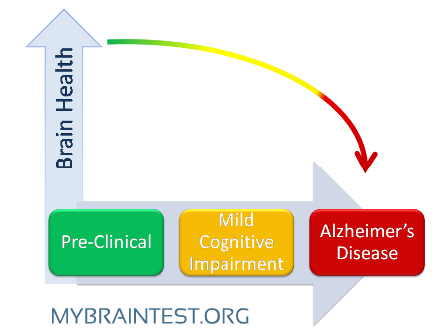
Mild cognitive impairment (MCI) is a condition characterized by a decline in cognitive abilities that surpasses normal age-related changes but does not meet the criteria for dementia. It is a complex and multifaceted condition that can manifest in various ways, impacting individuals’ daily lives and raising concerns about potential progression to Alzheimer’s disease or other forms of dementia.
Understanding the Landscape of MCI: A Map of the Condition
To effectively navigate the complexities of MCI, a comprehensive understanding of the condition is essential. This can be conceptualized as a map, outlining the key aspects of MCI, including:
1. Types of MCI:
- Amnestic MCI (aMCI): The most common type, characterized by significant memory impairment. Individuals with aMCI often struggle with recalling recent events, remembering appointments, or learning new information.
- Non-amnestic MCI (naMCI): This type involves cognitive deficits in areas other than memory, such as language, attention, or executive function. Examples include difficulty finding words, following instructions, or planning and organizing tasks.
- Multi-domain MCI: Individuals may exhibit a combination of amnestic and non-amnestic symptoms, indicating a broader cognitive decline.
2. Causes and Risk Factors:
- Aging: As we age, our brains naturally experience some decline in cognitive function. However, MCI represents a more significant decline beyond normal age-related changes.
- Genetics: Family history of Alzheimer’s disease or other dementias can increase the risk of developing MCI.
- Lifestyle factors: Poor diet, lack of exercise, smoking, and excessive alcohol consumption can contribute to cognitive decline.
- Medical conditions: Certain medical conditions, such as diabetes, high blood pressure, and cardiovascular disease, can increase the risk of MCI.
- Brain injuries: Traumatic brain injury or stroke can damage brain tissue and increase the risk of cognitive decline.
3. Diagnosis and Assessment:
- Medical history and physical exam: A thorough evaluation by a healthcare professional is crucial to rule out other potential causes of cognitive decline.
- Cognitive testing: Standardized tests assess various cognitive functions, such as memory, attention, language, and executive function.
- Brain imaging: Techniques like MRI and PET scans can identify structural changes or metabolic abnormalities in the brain that may be associated with MCI.
4. Management and Treatment:
- Lifestyle modifications: Engaging in regular physical activity, maintaining a healthy diet, and managing stress can help improve cognitive function and potentially slow down cognitive decline.
- Cognitive stimulation: Activities that challenge the brain, such as puzzles, reading, and learning new skills, can help maintain cognitive function.
- Medications: While no specific medications treat MCI, some drugs can help manage underlying medical conditions or improve cognitive function.
- Support groups and counseling: Social support and counseling can help individuals cope with the emotional and practical challenges associated with MCI.
5. Prognosis and Progression:
- Individual variability: The progression of MCI is highly variable, with some individuals experiencing a slow decline while others progress to dementia more rapidly.
- Conversion to dementia: Approximately 10-15% of individuals with MCI convert to dementia each year.
- Factors influencing progression: Age, severity of cognitive impairment, and presence of certain genetic markers can influence the risk of progression to dementia.
FAQs about MCI:
Q: Is MCI a normal part of aging?
A: No, MCI is not a normal part of aging. While some cognitive decline is expected with age, MCI represents a more significant decline beyond normal age-related changes.
Q: Can MCI be reversed?
A: While there is no cure for MCI, lifestyle modifications and cognitive stimulation can help improve cognitive function and potentially slow down cognitive decline.
Q: Will everyone with MCI develop dementia?
A: No, not everyone with MCI will develop dementia. However, the risk of progression to dementia is significantly higher for individuals with MCI compared to those without.
Q: What are the best ways to manage MCI?
A: Managing MCI involves a multifaceted approach, including lifestyle modifications, cognitive stimulation, medication for underlying medical conditions, and support groups and counseling.
Tips for Managing MCI:
- Stay active: Engage in regular physical activity, which has been shown to improve cognitive function and reduce the risk of dementia.
- Eat a healthy diet: Focus on fruits, vegetables, whole grains, and lean protein.
- Manage stress: Practice relaxation techniques such as yoga, meditation, or deep breathing.
- Engage in cognitive stimulation: Challenge your brain with activities like puzzles, reading, learning new skills, or playing board games.
- Get regular checkups: Consult your doctor for regular health screenings and to discuss any concerns about cognitive decline.
- Seek support: Join support groups or connect with others who understand what you’re going through.
Conclusion:
Understanding MCI is crucial for individuals, families, and healthcare professionals. This guide provides a comprehensive map of the condition, outlining its types, causes, diagnosis, management, and prognosis. While MCI can be a challenging condition, proactive management and support can help individuals maintain their quality of life and potentially slow down cognitive decline. By navigating the complexities of MCI with knowledge and understanding, we can empower individuals and families to face this condition with resilience and hope.
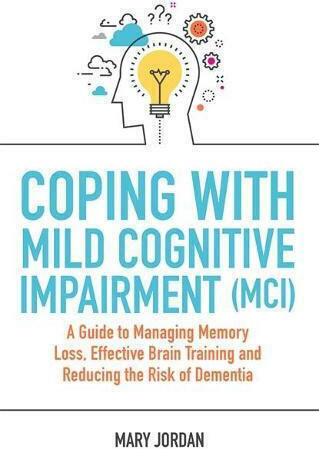
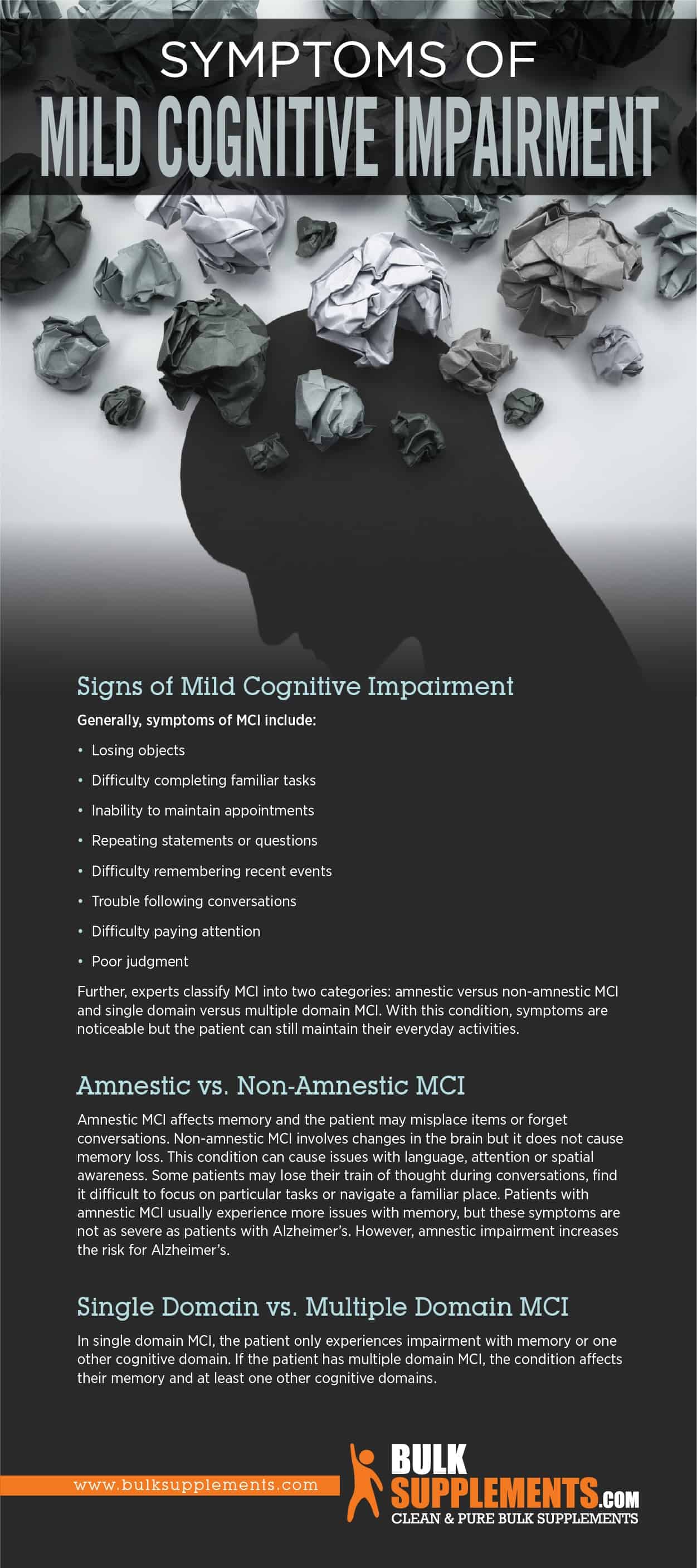
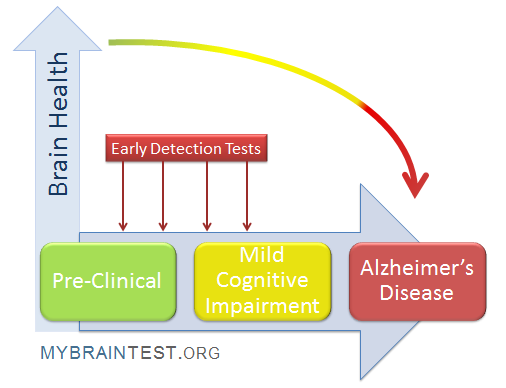

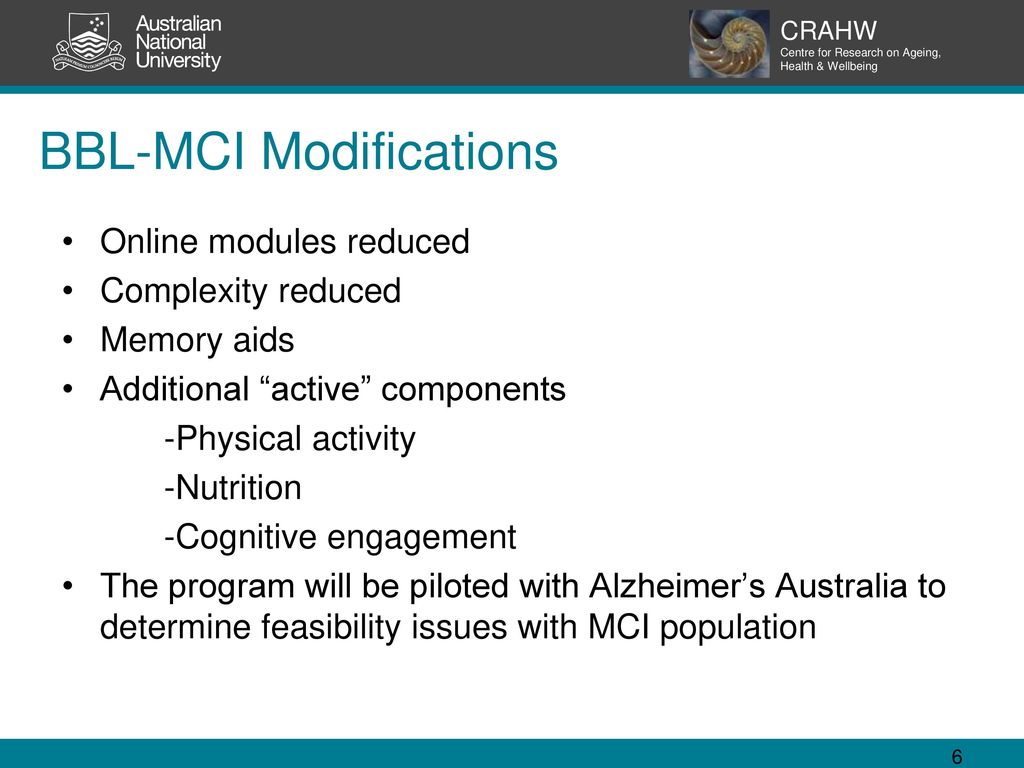

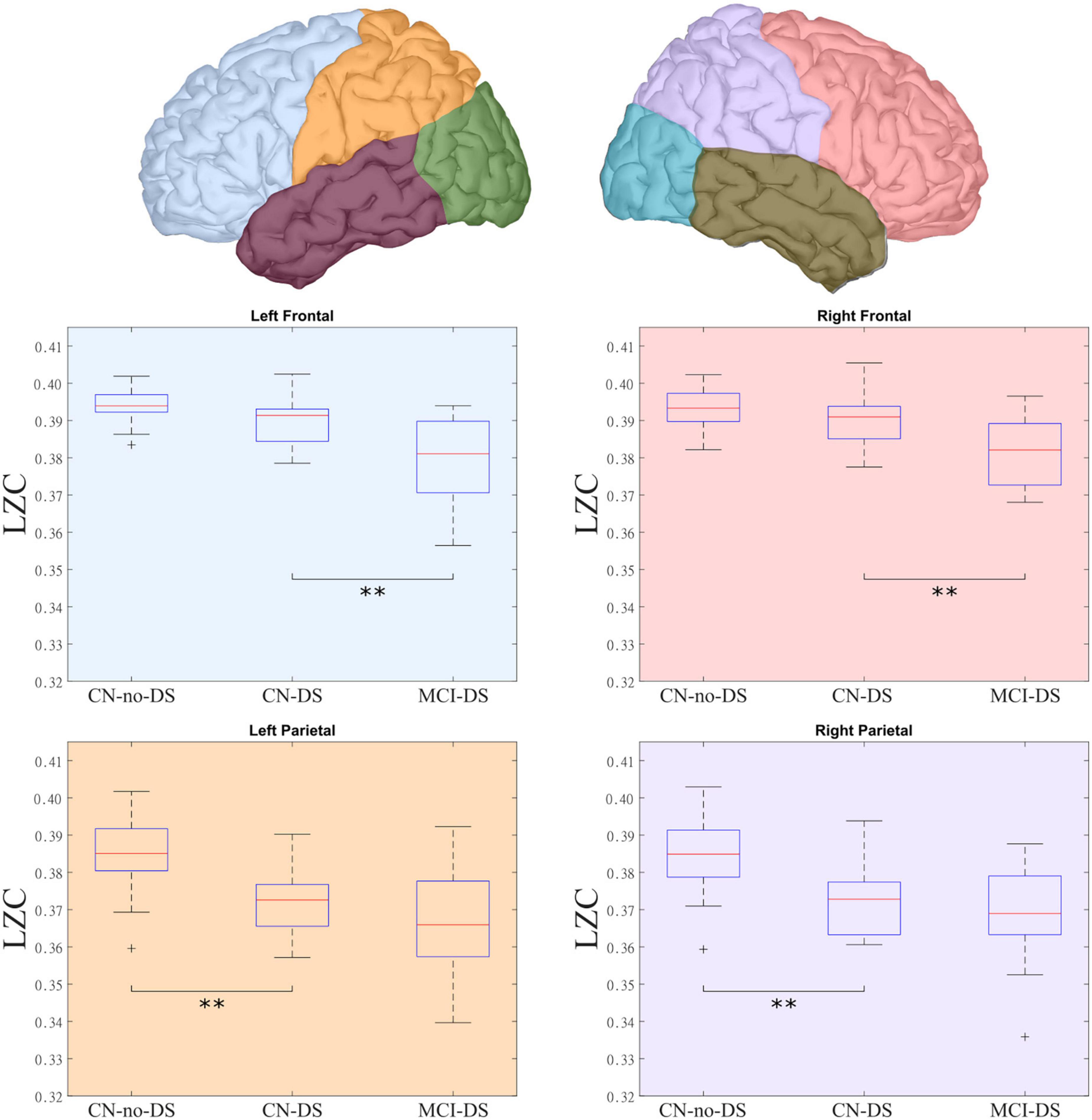

Closure
Thus, we hope this article has provided valuable insights into Navigating the Complexities of MCI: A Comprehensive Guide to Understanding and Managing Mild Cognitive Impairment. We thank you for taking the time to read this article. See you in our next article!